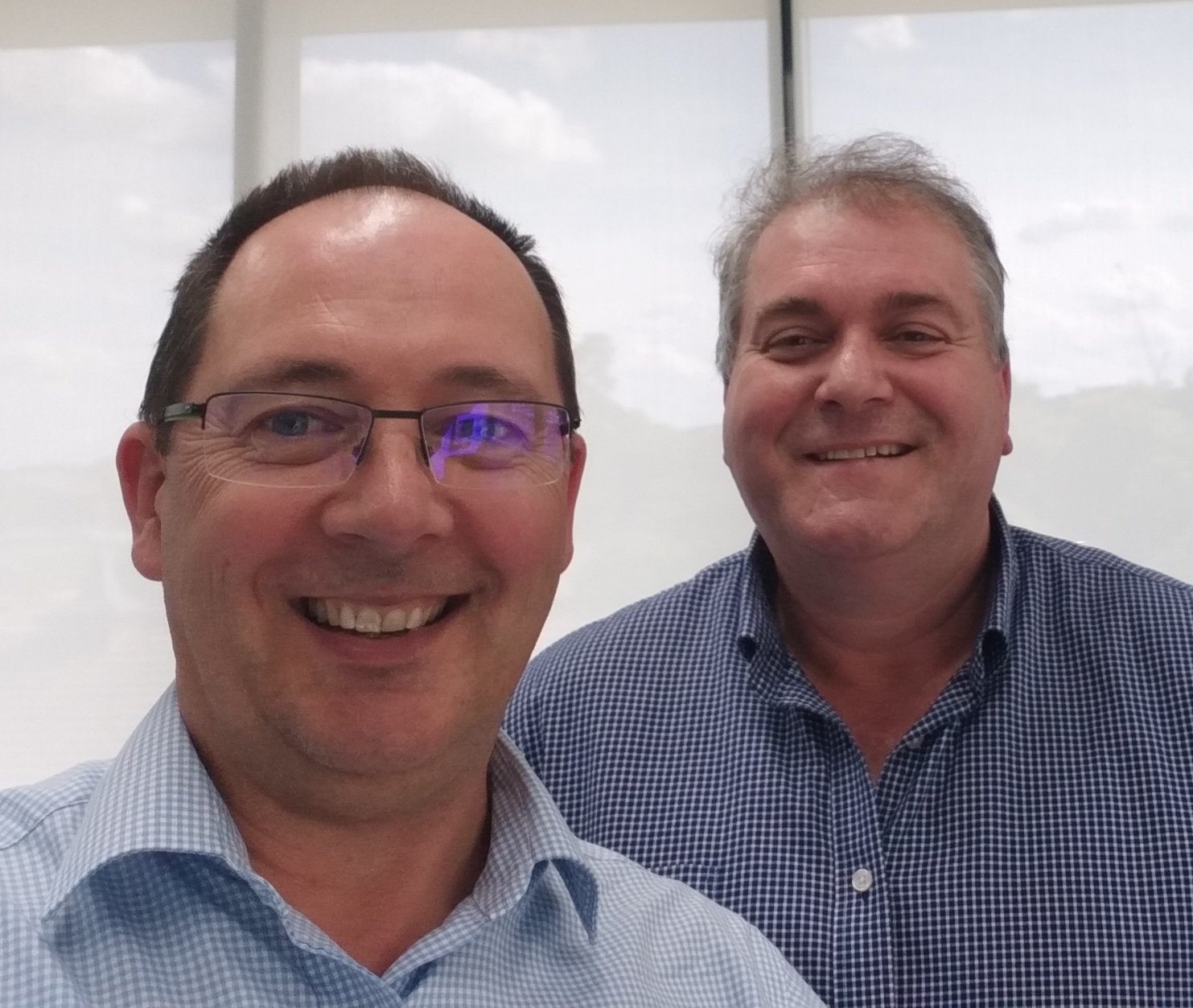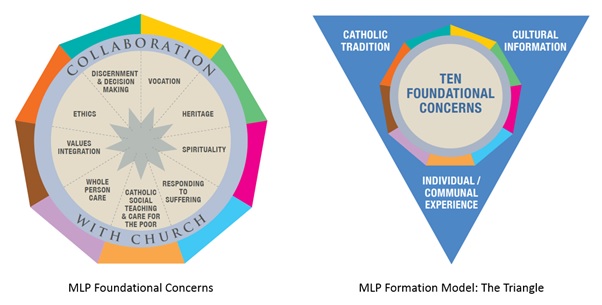Canberra agency visits
Over 12-13 December 2018, I was in Canberra and met with some key national Catholic agencies. This was a good opportunity for us to update each other on our immediate past work and our current priorities. In all meetings, I explored the further possibilities of us working more closely and in more creative ways on mutual priorities.
I met with Joe Zabar, Deputy CEO at Catholic Social Services Australia (CSSA).
 We clarified that at present MercyCare and St John of God Social Outreach and Advocacy Services are the only AMPJP full members of CSSA with Mary Aikenhead Ministries holding Associate membership
We clarified that at present MercyCare and St John of God Social Outreach and Advocacy Services are the only AMPJP full members of CSSA with Mary Aikenhead Ministries holding Associate membership
CSSA is focussed on being a strong research based national advocate, that harnesses the lived experience of its members to improve the lives of the of the poor and vulnerable in Australia. CSSA is currently establishing a research agenda which will support the improvement of social services and help shape the public discourse on matters affecting those in need.
Finally, Joe welcomes all members of Association of Ministerial PJPs to attend the 2019 CSSA National Conference, Meeting Unmet Needs. The conference will be held in Port Macquarie on 19 and 20 February 2019 and will focus on breaking down Church silos in support of the poor and vulnerable. The conference will highlight how some Church entities have worked across the usual boundaries of education, health, aged care, parish in addressing the needs of poor and vulnerable in their local communities. furthering the . Further details of the conference are available on the CSSA website at http://www.cssa.org.au/events/2019/
At Catholic Health Australia (CHA), I met with Susan Sullivan: Director – Mission Strategy and MLP Program Director and Dr Anthony Gooley: Manager – Mission Services. As formation is a key priority for both CHA and AMPJP we had much to discuss.
Many AMPJP members are active in the health and aged care sectors and are members of CHA. The AMPJP has a tradition of holding our annual canonical stewards forum at the same venue and on the day immediately before the CHA annual conference. This is practical way that we reduce travel costs and make it easier for any of our members to participate in the CHA conference. As of 2018, CHA has decided to have a three-year conference cycle with a governance conference and AGM and in 2019. The inclusion of some AMPJP members on the organising committee for the 2019 CHA governance conference should ensure that the content is relevant to MPJPs.
 Susan and Anthony spoke about the CHA Ministry Leadership Program (MLP) They said that many participants find tremendous benefit in the practice of reflection on which the MLP is based, for shorthand, called the Triangle. This Catholic theological method approaches concerns and issues utilising three sources of insight and information: the Catholic tradition, cultural information and individual/communal experience (see picture on left below). Many participants say that they now apply this approach to a wide range of issues and challenges outside the MLP. Susan reported that MLP has helped participants develop their skills and confidence as leaders, as well as the language to communicate Catholic vision and values in their daily work. The MLP is currently targeted at leaders in health, aged care and social services. An adapted MLP approach would have value for staff within educational settings. They said they can also see potential benefit in the MLP being adapted for trustees and board members.
Susan and Anthony spoke about the CHA Ministry Leadership Program (MLP) They said that many participants find tremendous benefit in the practice of reflection on which the MLP is based, for shorthand, called the Triangle. This Catholic theological method approaches concerns and issues utilising three sources of insight and information: the Catholic tradition, cultural information and individual/communal experience (see picture on left below). Many participants say that they now apply this approach to a wide range of issues and challenges outside the MLP. Susan reported that MLP has helped participants develop their skills and confidence as leaders, as well as the language to communicate Catholic vision and values in their daily work. The MLP is currently targeted at leaders in health, aged care and social services. An adapted MLP approach would have value for staff within educational settings. They said they can also see potential benefit in the MLP being adapted for trustees and board members.
I met with Andrea Dean, Director of both the ACBC Office for the Participation of Women and the ACBC Office for Lay Pastoral Ministry.
My purpose in meeting with Andrea was to introduce myself as we have emailed and spoken via phone but never met face-to-face. I also wanted to thank her for her very informative monthly newsletter (items from which I often share in on the AMPJP website).
I described the AMPJPs gender equity survey of 2017 and found:
- 60% of Trustees are women; and
- 52% of the members of the Boards appointed by Trustees are women.
I said I am currently gathering member information to be replicate the survey for 2018.
Andrea spoke of the impressive young women who have participated in the Leadership for Mission program which is a two year program that combines academic education with leadership development and faith formation. I can see that some of these graduates could be suitable for Boards and Trustees looking for more women and younger members. The Catholic Women’s Mentoring Program which aims to help women flourish may also be of value to members. The program has an informal structure – it is up to the mentor and mentee to choose how they would like to connect and how often. Andrea said the program has helped build companionships which encourage the women’s faith and confidence.